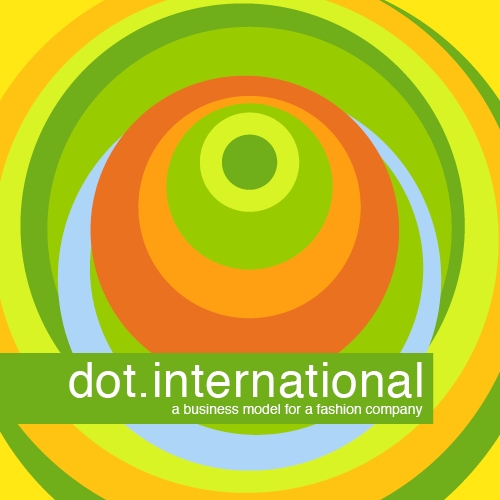Two simplified examples
dot.international & pepper books
First example: dot.international

Anha, a fashion designer from Malé, Maldives, creates a special clothes collection for people living along coasts. And the designer’s intriguing idea is to create each item in a way so that it can be adjusted to different weather conditions.
This idea gets a lot of attention from around the world, and Drifa, an oceans researcher in Iceland, orders the whole collection for her team.
Unfortunately the numbers don’t hold, meaning that there aren’t enough orders to make the local production feasible. The researcher either has to wait until more orders are in, or she finds fifty people who order the outfits as well. But with a product like this, Drifa needs no time before another hundred people place their orders.
The local dot.workshop gets the specifications for each item from dot.international, who has already contacted the local materials producer. Once all materials have arrived, the dot.workshop starts with the production.
All transactions, the coordination between all parties, the online presentation and the marketing are done by dot.international while the creators and the craftspeople can focus on their work.
The designer receives a percentage for each produced item, dot.international receives a share for their work, and the materials providers as well as the dot.workshops receive their shares.
